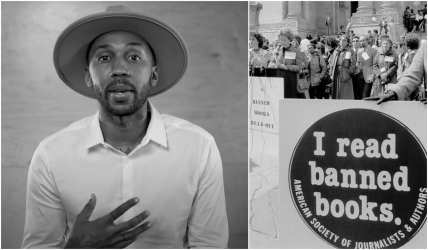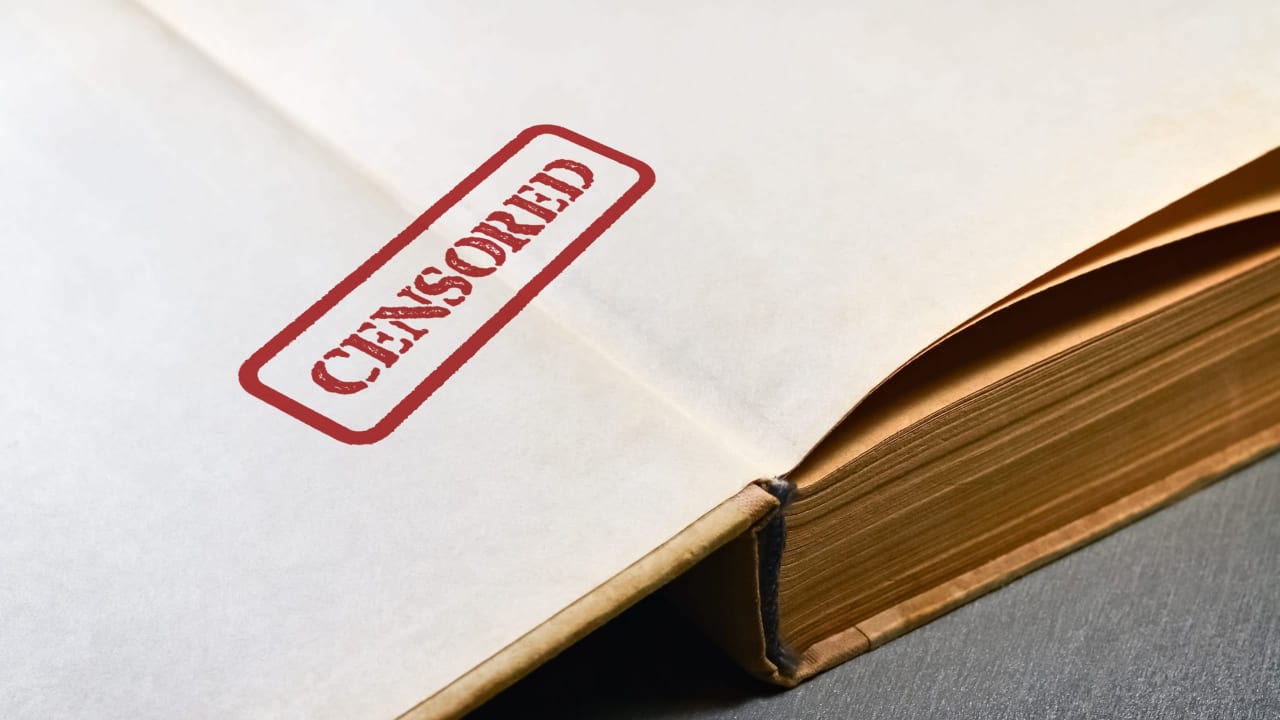Juneteenth and why banning Black literature is a threat to our collective American identity
OPINION: Black literature serves as a testament to the resilience and triumphs of a people who have endured the harshest of adversities throughout history. By banning Black books, society risks depriving future generations of opportunities to understand diverse perspectives.
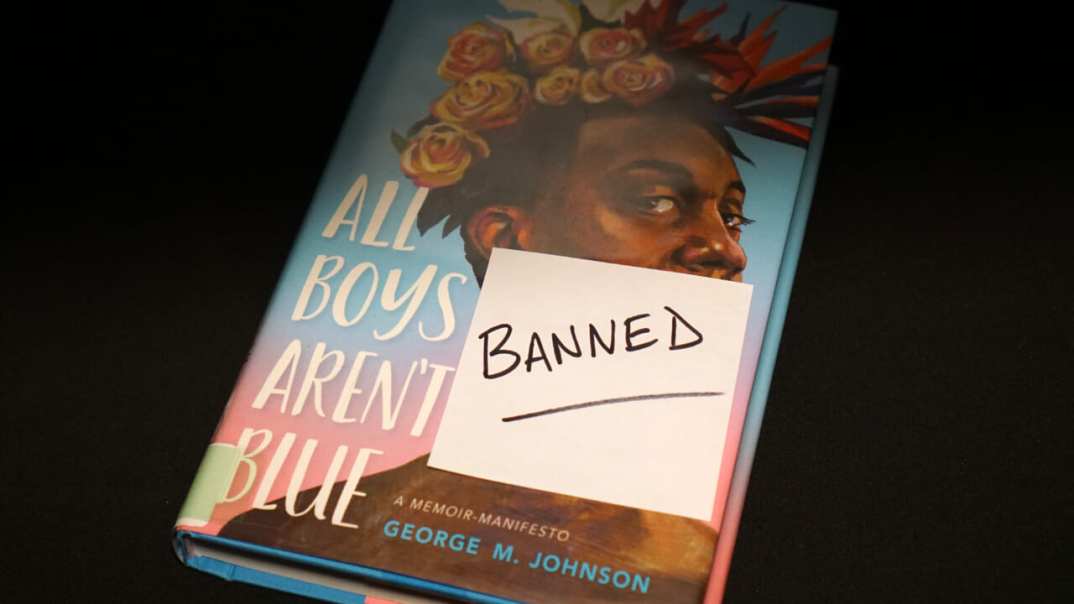
Editor’s note: The following article is an op-ed, and the views expressed are the author’s own. Read more opinions on theGrio.
As we approach Juneteenth, a day that commemorates the emancipation of enslaved people of African descent in the United States, it is important for us to reflect upon and celebrate the profound significance of Black literacy and literature to the freedom of Black people and our society. We have all witnessed recent efforts to ban books and literary works that present the stories of African-American people and marginalized communities in America and that challenge white-American supremacy — the latest absurdity being the banning of Amanda Gorman’s “The Hill We Climb” in Florida public schools. This superficial yet harmful act of censorship not only erodes our shared heritage but also threatens the fundamental principles of freedom and diversity upon which our society is built.
As a Black poet, my career has been dedicated to sharing our stories through poetry and to preserving and promoting the works of Black writers and authors. Together, the entire poetry community shares stories about our collective history, inspiring creativity, and providing a platform for under-heard and unacknowledged voices in American culture and letters.
It is perhaps not widely known, but African-Americans were the only people in the United States ever explicitly forbidden to become literate — a consequence of the dehumanizing cruelties of slavery. Learning to read and write was a critical step for newly freed slaves as they sought to secure their freedom and build new lives. The quest for basic and greater literacy, previously denied, allowed them to communicate with each other more openly, understand their legal rights, and engage with society at large. Many former slaves recognized the importance of education and saw it as a pathway to social and economic mobility and empowerment.
Black literature serves as a testament to the resilience and triumphs of a people who have endured the harshest of adversities throughout history. From the narratives of former slaves to the voices of contemporary authors, these literary works provide invaluable insights into the experiences, struggles, and aspirations of Black individuals and communities. By banning books, particularly those by Black authors, society risks silencing these voices, depriving future generations of opportunities to understand and empathize with the diverse perspectives that have shaped our society.
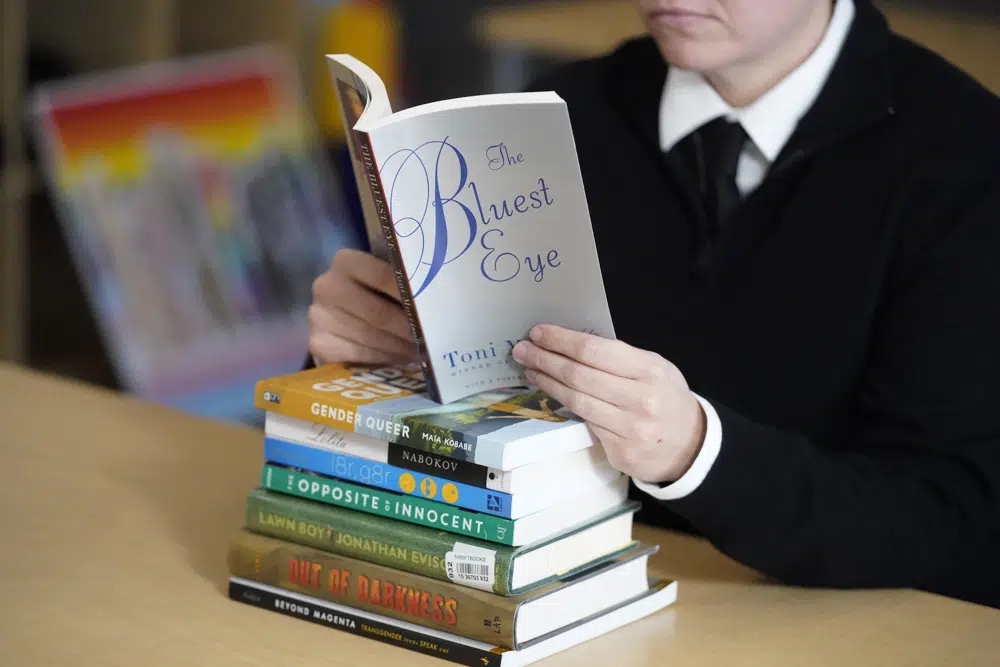
Literature, as a powerful vehicle of expression, challenges societal norms, breaks down barriers, and fosters meaningful dialogue. Books by Black authors and Black literary organizations such as Cave Canem, the Furious Flower Poetry Center, the Hurston/Wright Foundation, Obsidian: Literature & Arts in the African Diaspora, and The Watering Hole, have historically played a crucial role in social justice movements, shedding light on issues of systemic racism, inequality, and injustice—while remaining largely underfunded and underresourced.
These organizations have also birthed literary communities — such as Kundiman, In-Na-Po and CantoMundo — that cultivate Asian American, Indigenous Nations, and Latinx poets and writers. By suppressing these narratives, we stifle the progress that comes from confronting uncomfortable truths, hindering our collective growth as a society.
The efforts to ban books and literature by Black authors are not only detrimental to our democratic understanding of history but also undermine the creativity and freedom of expression essential to our cultural fabric. Literature is a medium that allows us to explore diverse perspectives, question our assumptions, and imagine a more inclusive world. By attempting to control or erase narratives that do not align with a particular agenda and ideology, we limit the possibilities for intellectual growth and restrict the richness of our literary landscape.
Black literature expands our understanding of humanity and fosters empathy by presenting characters and stories that reflect the complexities of our individual and collective lived experiences. It allows readers, regardless of their background, to engage with narratives, which transcend racial boundaries and connect with universal themes of love, struggle, and identity. By embracing the works of Black writers and poets as well as other minorities, we invite a broader, more inclusive literary canon that promotes diversity and encourages dialogue among different cultures and communities.
The works of our writers serve as an affirmation of identity for people of African descent, offering a sense of belonging and empowerment. It is through literature that young readers, particularly those from marginalized communities, find solace, inspiration, and hope. When we ban books, we deny these young minds the opportunity to see themselves reflected in the literary landscape, perpetuating a cycle of erasure and exclusion.
Juneteenth provides us with an occasion to celebrate emancipation from hundreds of years of enslavement and violent oppression and to reflect upon the progress we have made as a republic. However, in this year’s celebration, we must acknowledge even more stridently than before that Black literacy and literature play an integral role in shaping our collective memory and understanding. We must actively advocate for our literary voices to remain present and steadfast in our culture and resist any and all attempts to suppress them. By preserving, promoting, and protecting the works of Black writers, we honor their contributions to our shared cultural heritage and ensure that their voices continue to inspire and enlighten generations to come, and last but not least, strengthen our society’s constitutionally guaranteed freedom of expression.
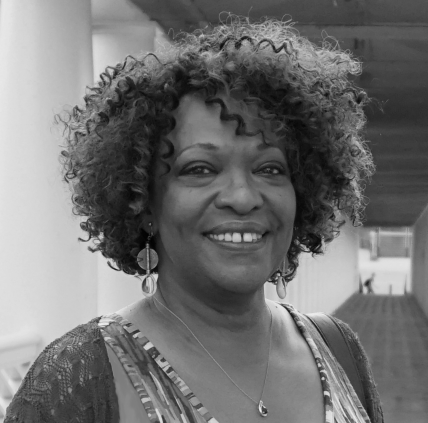
Rita Dove is a Pulitzer Prize-winning poet and author. In 1995, Dove became the first African American and the youngest person to be appointed Poet Laureate of the United States. During her tenure, she actively promoted poetry in American society and encouraged a new generation of poets. Her contribution to literature, particularly American poetry, has had an immeasurable impact on the landscape of contemporary literature.
TheGrio is FREE on your TV via Apple TV, Amazon Fire, Roku, and Android TV. Please download theGrio mobile apps today!
